Covid-19 and Pneumonia
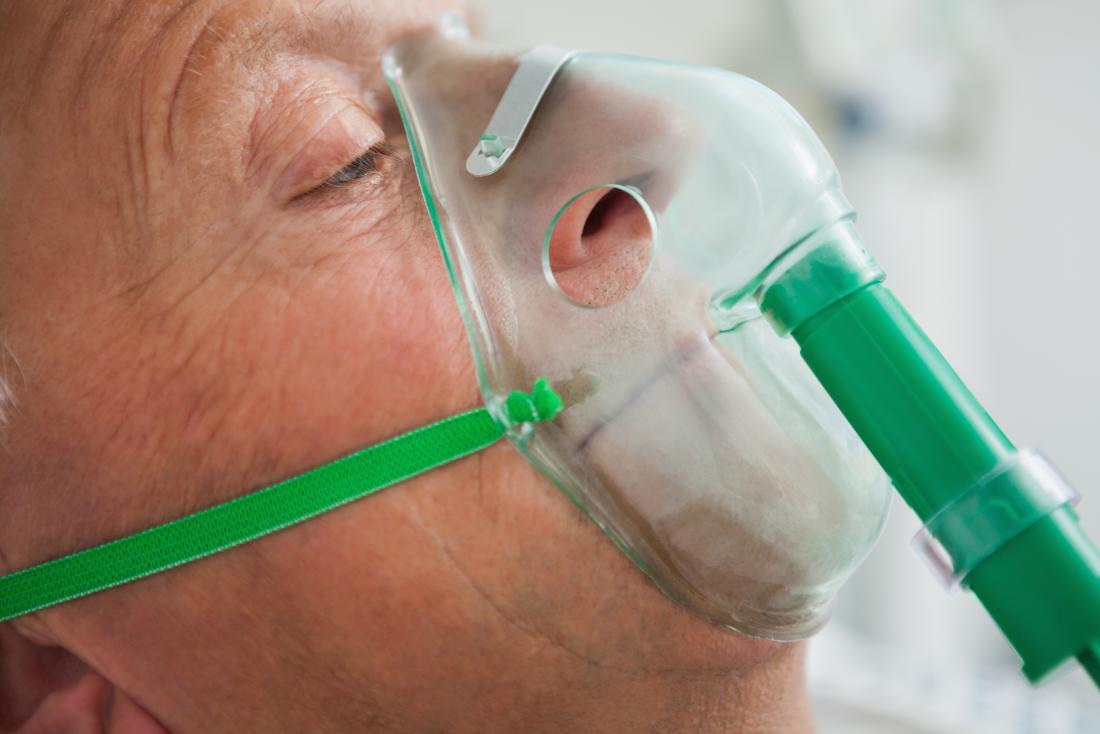
Coronavirus and Pneumonia
The SARS-CoV-2 virus causes COVID-19 that advances through the lungs over a period of days or weeks by hijacking immune cells. There is still have a lot to learn about COVID-19, mainly about the havoc it can wreak on the lungs and the pneumonia it causes. This is now referred to as COVID pneumonia.
Common symptoms of COVID-19 range from mild or moderate including coughing, a fever, and shortness of breath. In sever case coronavirus infection may cause pneumonia in both lungs, which can become serious and deadly illness.
What is Pneumonia?
Pneumonia is a lung infection causing inflammation in the tiny air sacs inside your lungs. The infection may fill up with so much fluid and pus that makes it hard to breathe. You may experience severe shortness of breath, a cough, a fever, chest pain, chills, or fatigue.
Sometimes the breathing problems can become severe enough to require treatment at the hospital with the help of oxygen or even a ventilator. The COVID-19 pneumonia tends to effect both of your lungs. The coronavirus infection causes the air sacs in the lungs to be filled with fluid, limiting the lung’s ability to take in oxygen and causing shortness of breath, cough, and other symptoms.
People mostly recover from pneumonia without any lasting lung damage. But, pneumonia associated with COVID-19 can be severe and can cause lung injury resulting in breathing difficulties that might take months to improve.
If you have COVID-19 pneumonia you may experience changes in your lungs, such as:
- Inflammation that is sometimes severe causes damages to the lungs’ alveoli.
- Accumulation of fluid in the lungs.
- Difficulties in gas exchange that make it hard to get enough oxygen or expel enough carbon dioxide.
- Leaking of fluid out of blood vessels in the lungs.
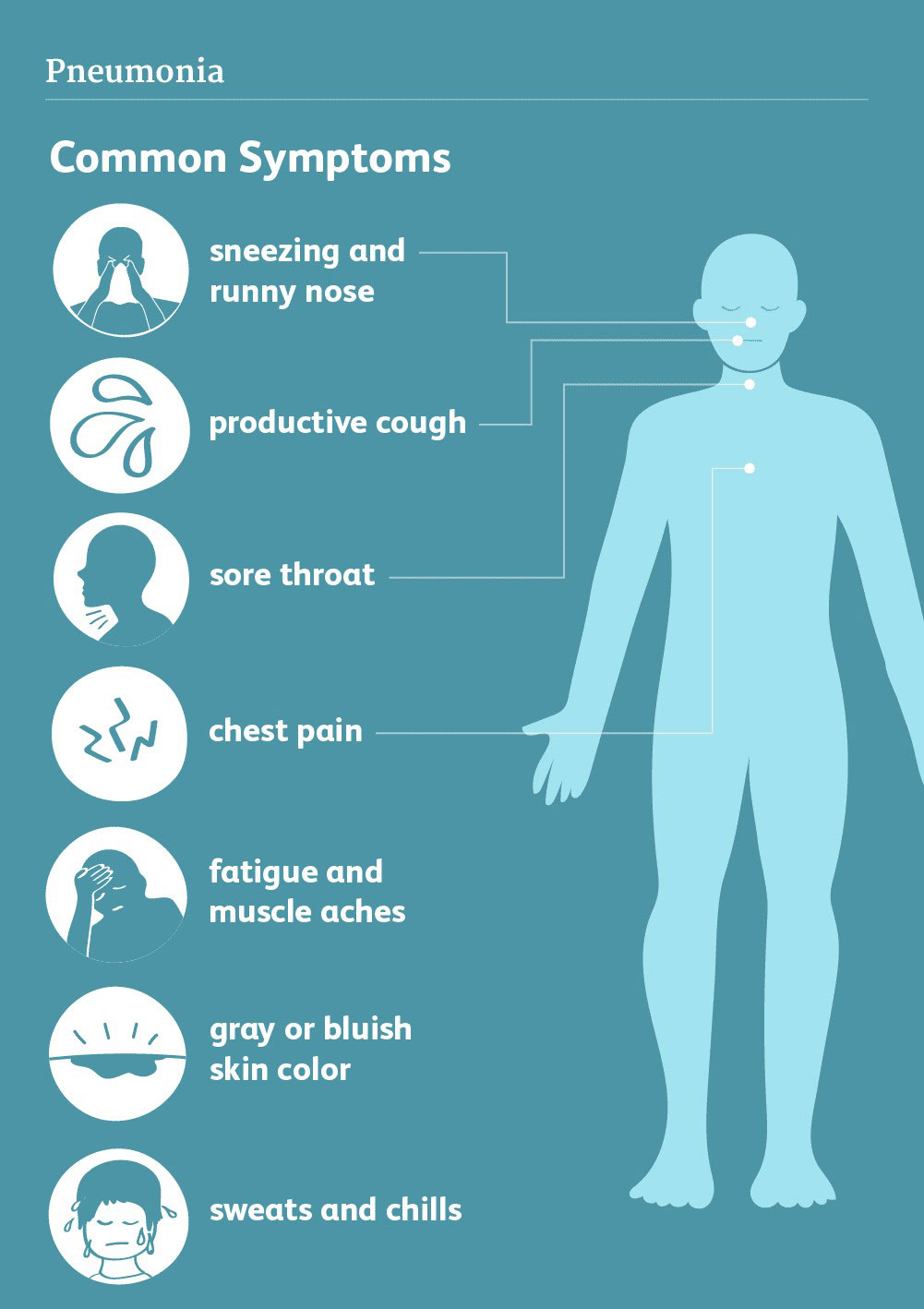
What are the Symptoms of Covid-19 Pneumonia?
The illness associated with coronavirus was originally referred to as novel coronavirus-infected pneumonia (NCIP). People have reported experiencing fever, a dry cough, and shortness of breath as early signs of COVID-19. You may also experience:
- Fatigue
- Chills
- Nausea or vomiting
- Diarrhea
- Belly pain
- Muscle or body aches
- A headache
- Loss of smell or taste
- A sore throat
- Congestion or a runny nose
- Pinkeye
- Skin rashes
In case your COVID-19 infection leads to pneumonia, you may also notice symptoms such as:
- Rapid heartbeat
- Shortness of breath or breathlessness
- Rapid breathing
- Dizziness
- Heavy sweating
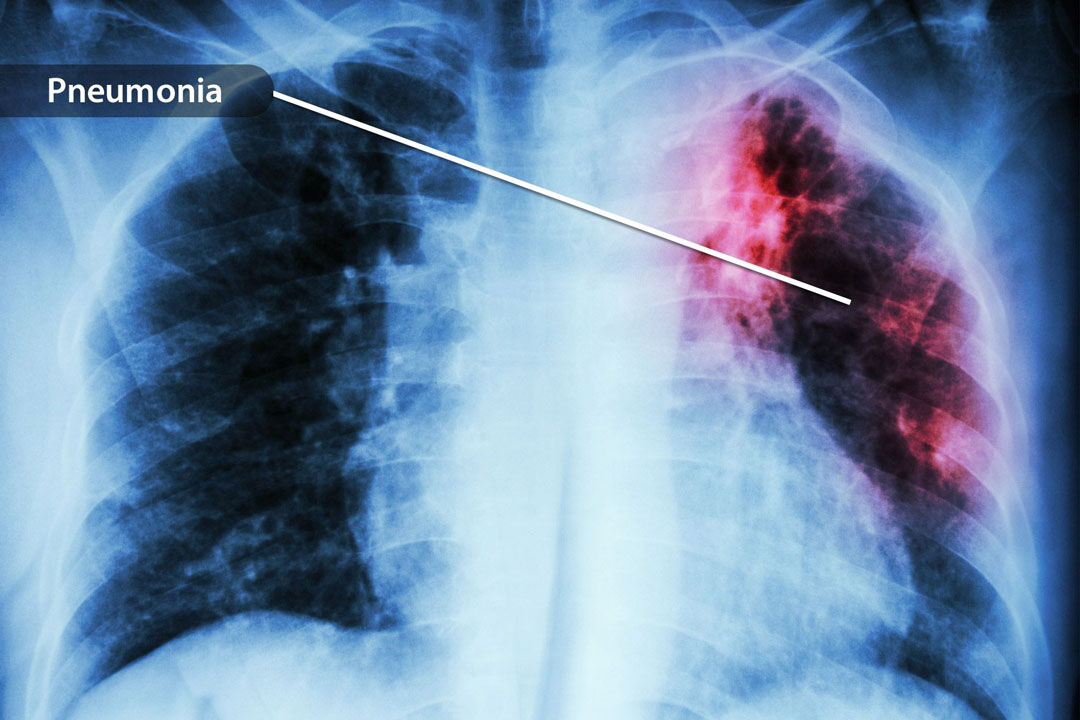
How Many People infected with COVID-19 Will develop Pneumonia?
Almost 15% of people infected with COVID-19 develop severe symptoms. This may require hospitalization and treatment includes oxygen therapy. Among these, about 5% of people have critical infections and require to be kept on a ventilator.
If you have pneumonia you may also have a condition called acute respiratory distress syndrome (ARDS). The disease develops quickly and causes breathing problems.
The coronavirus infection would cause severe inflammation in your lungs leading to cell damage and tissue that line the air sacs in your lungs. The air sacs are where the oxygen you breathe is processed and delivered to your blood. The damage causes tissue to break off and clog your lungs. The walls of the sacs can thicken, making it very hard for you to breathe.
Anyone can get COVID-19 pneumonia, but it’s more likely in people who are 65 or older. Those who are 85 or older are at the highest risk.
People who live in nursing homes or who have other health problems like these also have higher chances of more severe illness with COVID-19:
- Moderate to severe asthma
- Lung disease
- High blood pressure
- Heart disease
- Diabetes
- Liver disease
- Renal failure
- Severe obesity, usually with a body mass index (BMI) of 40 or higher
You are at a greater risk of developing severe pneumonia if you have a weakened immune system. The immune system is weak if you are a smoker, being treated for cancer, have had a bone marrow transplant, have HIV or AIDS that’s not under control, and take medications that slow the immune system, like steroids.
It is important to get COVID testing if you are facing any of the above symptoms. Covid-19 testing is available free of cost in certain locations, but some may require an appointment while others are drive-up. Check with your local health department about testing availability.
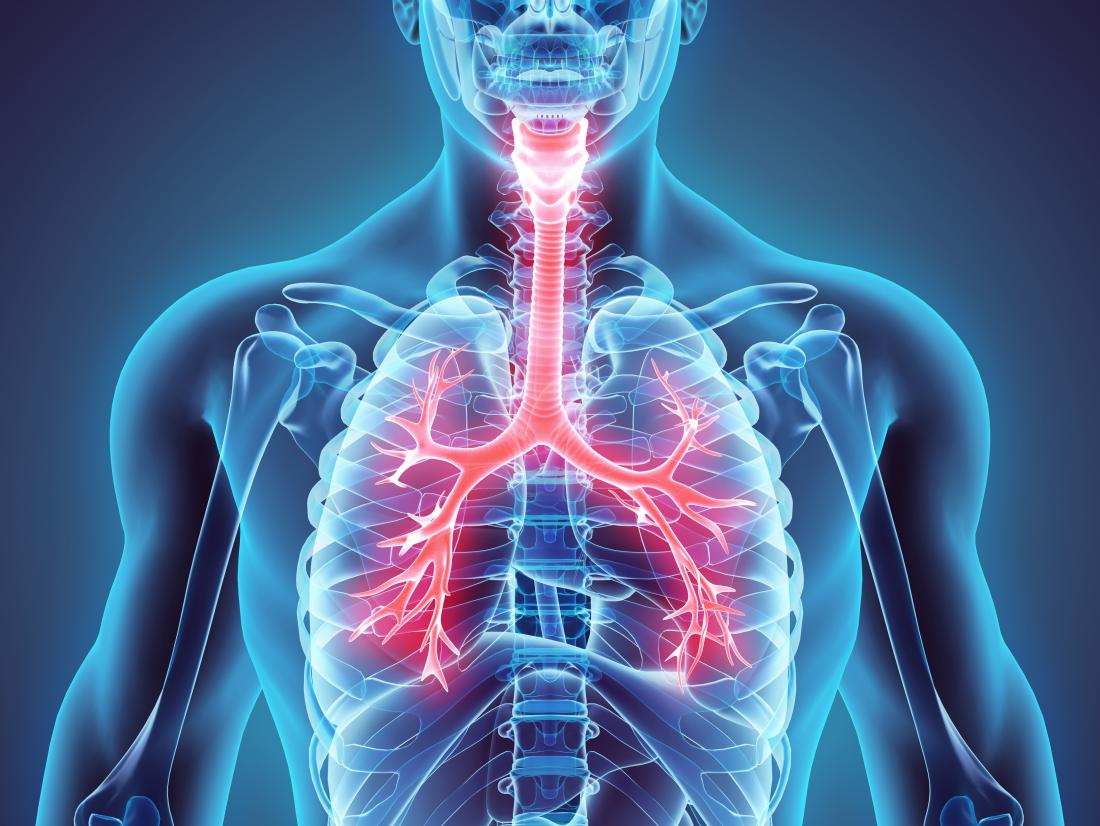
How Is COVID-19 Pneumonia Diagnosed?
If you have experienced some of the above symptoms your doctor will diagnose COVID-19 pneumonia based on your symptoms and lab test results. Covid-19 pneumonia can also be detected through blood tests. The blood tests would include low lymphocytes and elevated C-reactive protein (CRP). The doctor would check for low oxygen in your blood result. Your chest CT scan may show patchy areas of damage in both your lungs and doctors refer to this as “ground glass.”
How can Covid-19 pneumonia be treated?
Doctors would treat pneumonia in the hospital with oxygen, a ventilator to help you breathe, and intravenous (IV) fluids to prevent dehydration.
Doctors would also prescribe some drugs and use treatment for other conditions that might treat severe COVID-19 or related pneumonia, including dexamethasone, a corticosteroid.
The FDA has approved the antiviral remdesivir (Veklury) for the treatment of patients hospitalized with COVID-19 pneumonia.
In case of an emergency doctors may also use the antimalarials chloroquine and hydroxychloroquine ad they have proven to work well against the virus.
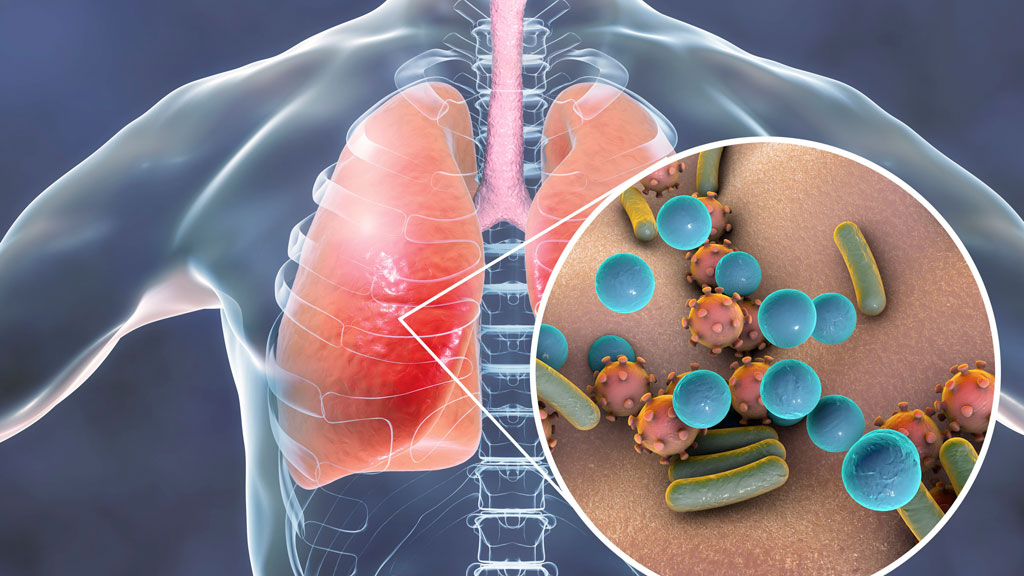
What Preventions you should take to avoid Covid-19 Pneumonia?
Apart from one’s safety we also have to avoid contracting the coronavirus or transmitting it to someone else. Thus, you should:
- Avoid contact: You should avoid contact as much as possible with people outside your household. In case the contact is unavoidable, you should maintain a safe 6-foot distance from other people. You must also avoid physical contact with others, including shaking hands.
- Wash hands frequently: Wash hands regularly using soap and warm water or use an alcohol-based sanitizer.
- Do Not go outside: You should remain at home and do not go out into public places if you are sick. If you feel any of the above symptoms you should get tested immediately.
If you have or have symptoms of COVID-19, you should take the following additional precautions:
- Avoid contact with people, including those in the same home.
- Wear a face covering when around people.
- Isolate in a single room and when using the bathroom to avoid spreading germs.
- Do not share personal care products.
- Practice good self-care by getting plenty of rest, eating regularly, and drinking lots of fluids.
- Call a doctor if symptoms are severe.
Outlook
Novel coronavirus can cause severe illness, such as pneumonia and acute respiratory distress syndrome (ARDS). The virus mainly affects the respiratory system sometimes causing severe damage.
You are at risk of developing severe pneumonia if you are aged, suffer from preexisting conditions, and have a history of severe breathing problems.
Immediate medical care can help you breathe until the body fights off the infection, and you should call a doctor immediately if symptoms are severe.
If you or anyone you know is suffering from the effects of Covid-19, our expert providers at Post Covid Centers will take care of your health and help you recover.
Call us on (469) 545-9983 to book a telehealth appointment for a home check-up.
Post Covid Syndrome vs. Fatigue
While COVID-19 is a short-lived disease in most people, others experien...
Post Covid Syndrome vs. Skin Weakness Problems
A new study illustrates that some patients with COVID-19 disease have continuous skin-associated symptoms...
RELATED BLOGS
